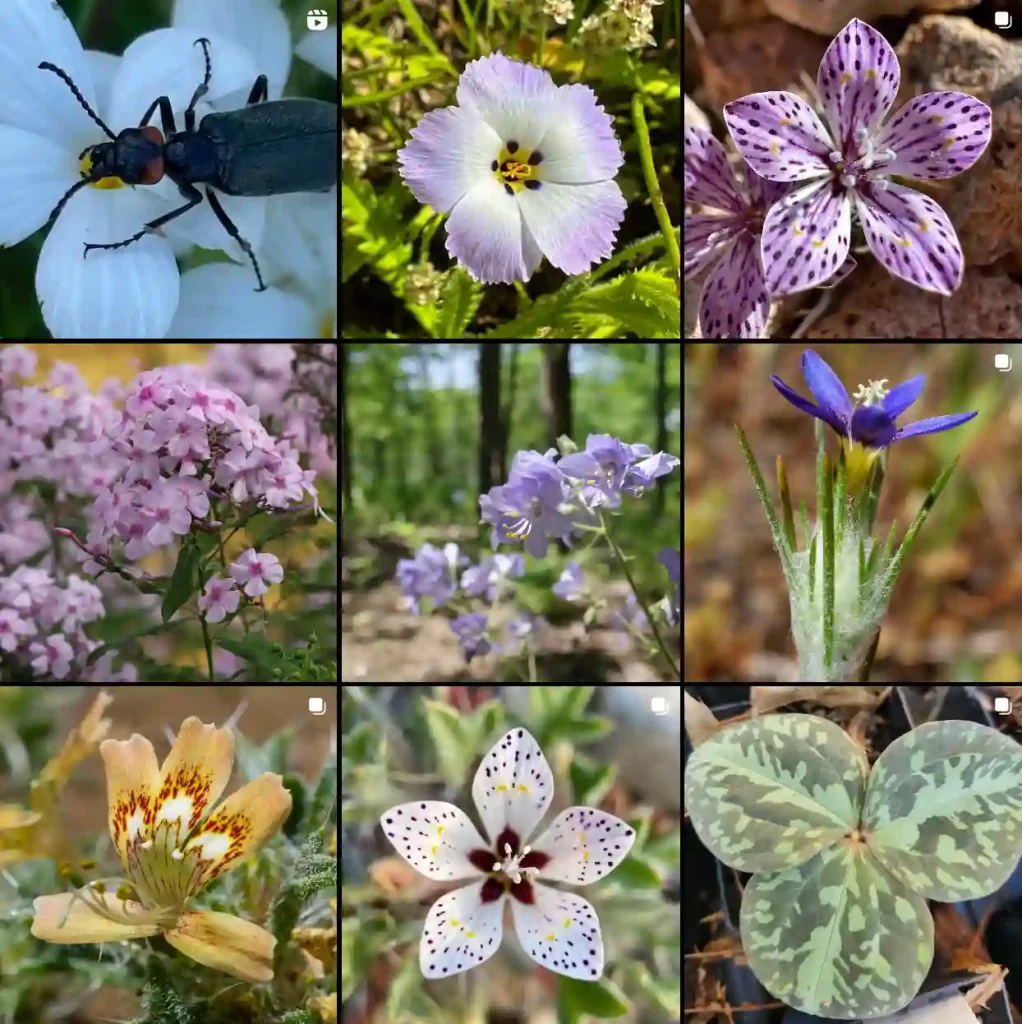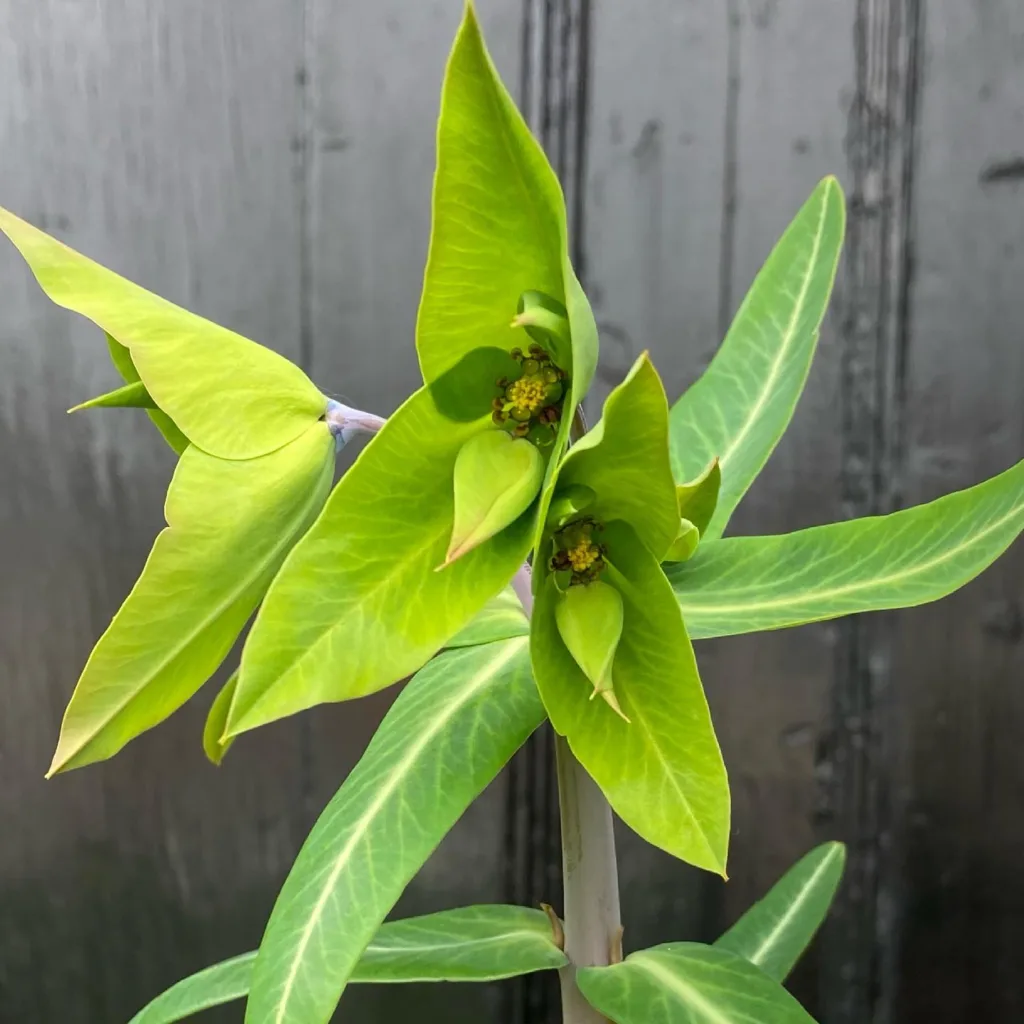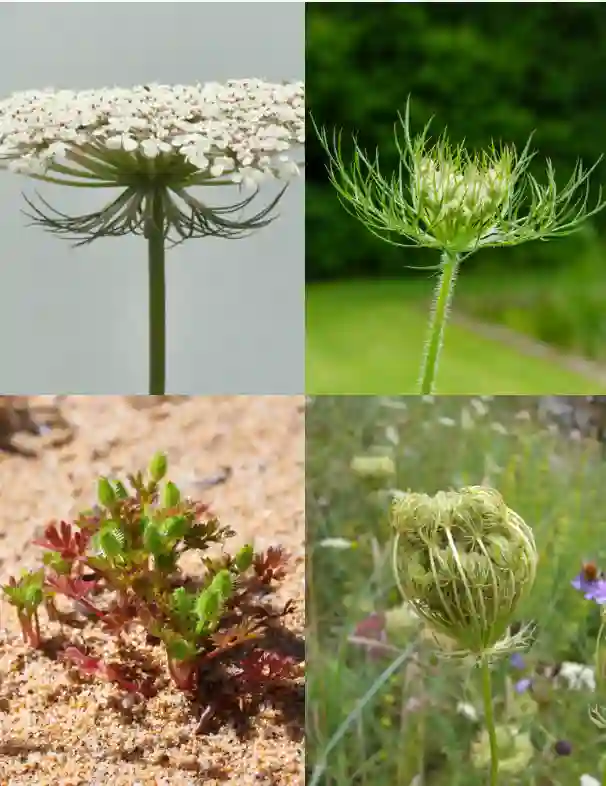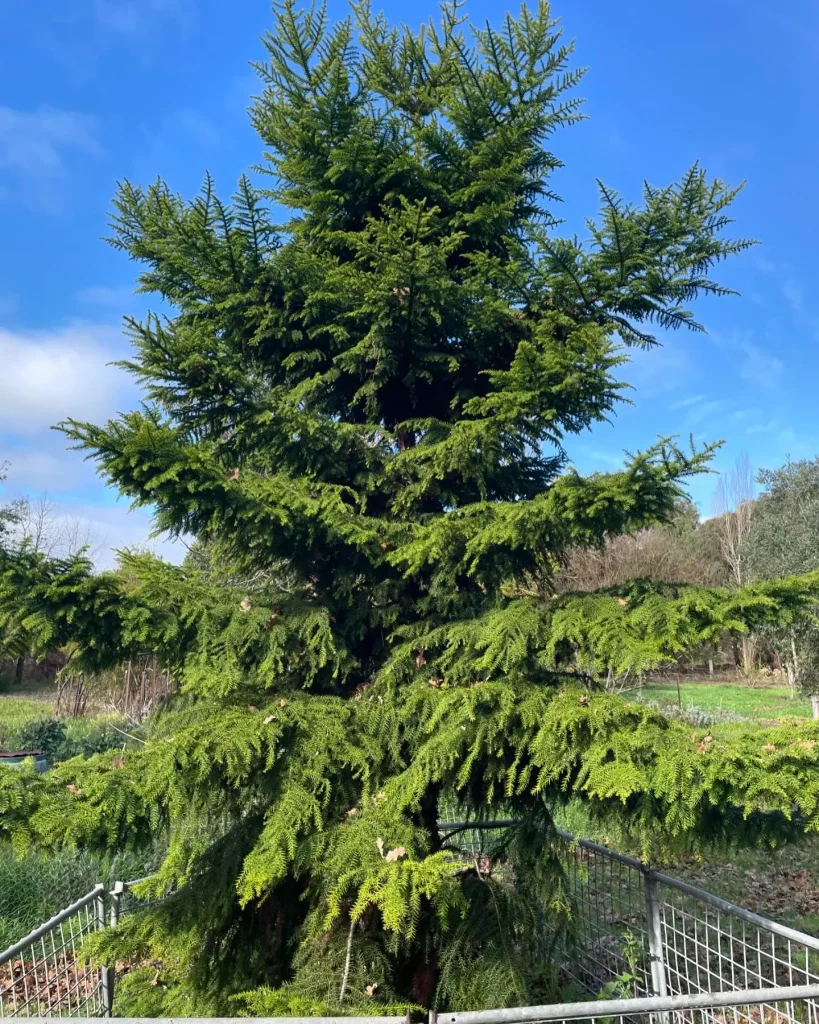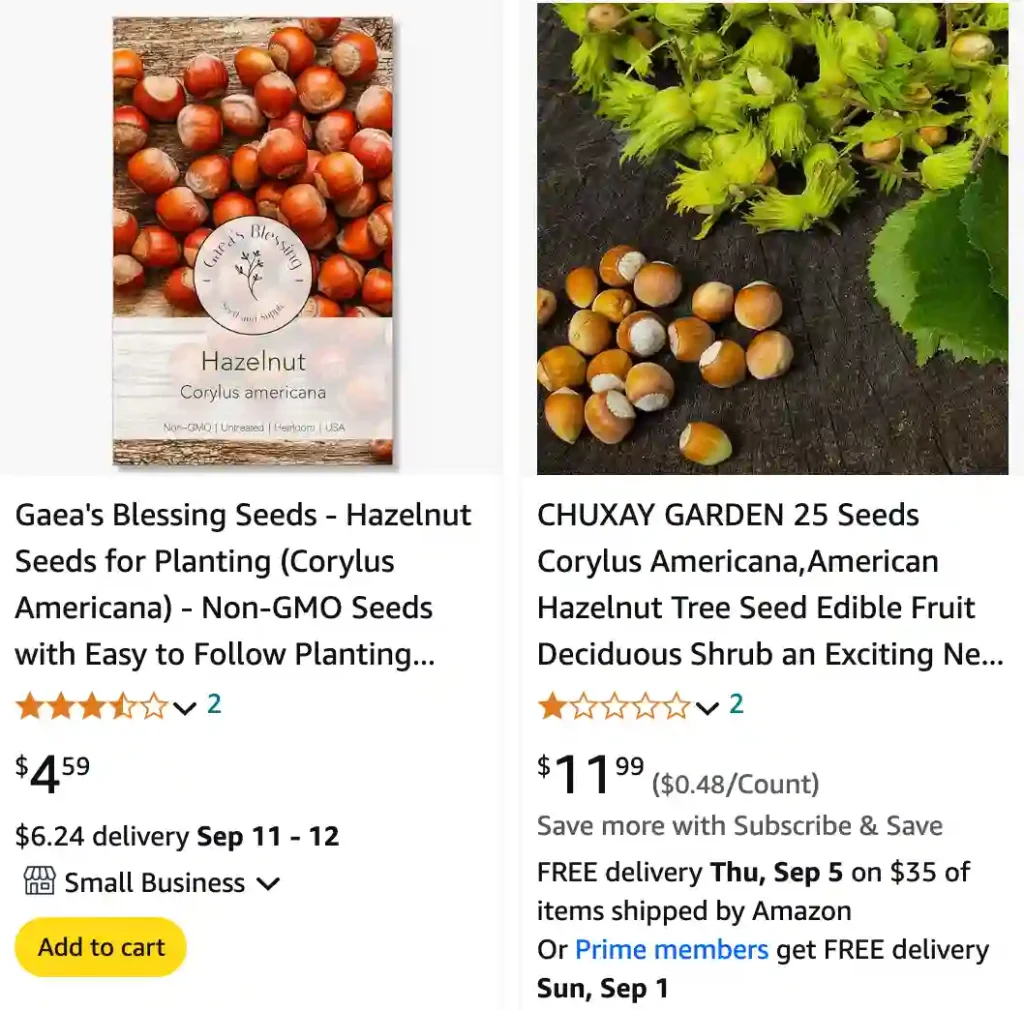
What is Corylus Americana?
Corylus Americana, commonly known as American Hazelnut, is a deciduous shrub native to North America. It’s prized for its edible nuts and attractive foliage. It’s an excellent choice for both ornamental and practical garden uses, providing not only beauty but also delicious nuts.
17 Species in Genus Corylus
Can Corylus Americana Grow in Water?
Growing Corylus Americana in water is not advisable. Like most trees and shrubs, this plant requires well-drained soil to thrive. Waterlogged conditions can lead to root rot and other issues. Instead, plant it in soil with good drainage and ensure it gets regular but not excessive watering.
How Deep to Plant Corylus Americana Seeds?
When planting Corylus Americana seeds, they should be sown at a depth of about 1 to 2 inches. It’s essential to plant them at this depth to ensure proper germination and to protect the seeds from predators. If you’re starting seeds indoors, use a seed-starting mix and keep them moist until they sprout.
How to Propagate Corylus Americana?
Propagating Corylus Americana can be done through several methods:
- Seed Propagation: As mentioned, sow seeds in well-drained soil at a depth of 1 to 2 inches. They may require a cold stratification period of 60 to 90 days to break dormancy.
- Cuttings: Take semi-hardwood cuttings in late summer. Dip the cuttings in rooting hormone and plant them in a pot with a mix of perlite and peat moss. Keep the cuttings moist and in a humid environment until they root.
- Layering: This involves bending a low-growing branch to the ground and covering it with soil. After a few months, it will develop roots and can be separated from the parent plant.
Where to Plant Corylus Americana?
Corylus Americana prefers well-drained soil and full sun to partial shade. It’s adaptable to a range of soil types but does best in slightly acidic to neutral pH. Avoid planting it in areas with heavy clay or poor drainage, as these conditions can lead to root issues. In terms of spacing, ensure you give it enough room to grow, as it can spread out significantly.
Is Corylus Americana Deer Resistant?
Yes, Corylus Americana is generally considered deer resistant. While no plant is entirely deer-proof, the American Hazelnut’s tough foliage and nut production make it less appealing to deer compared to other plants. This trait makes it a good choice for gardens where deer are a problem.
Corylus Americana vs. Corylus Cornuta
Comparing Corylus Americana to Corylus Cornuta (American Hornbeam) can help clarify their differences and uses.
- Corylus Americana: Known for its edible nuts and ornamental value, this shrub grows up to 10 feet tall and wide. It’s suitable for garden borders and wildlife gardens due to its attractive nuts and foliage.
- Corylus Cornuta: Often confused with Corylus Americana, Corylus Cornuta, or the Beaked Hazelnut, is distinguished by its unique nut shape and larger size. This species also produces edible nuts but is typically more challenging to grow and requires specific conditions.
How to Care for Corylus Americana?
Corylus Americana is relatively low-maintenance. Here are some tips for keeping it healthy:
- Watering: Keep the soil consistently moist but not soggy. Water during dry periods, especially in the first few years of establishment.
- Pruning: Prune to maintain shape and remove any dead or diseased wood. Light pruning in late winter or early spring is ideal.
- Fertilizing: Use a balanced fertilizer in early spring to support healthy growth.
- Pest and Disease Control: Watch for common pests like aphids and diseases like leaf spot. Regular inspections and prompt action can prevent significant problems.
What to Plant With Corylus Americana?
American Hazelnut pairs well with a variety of companion plants. Consider planting it alongside:
- Berry bushes: Such as blueberries or raspberries, which complement its fruiting cycle.
- Perennials: Like hostas or daylilies, which can provide ground cover and enhance the overall garden design.
- Deciduous trees: Such as oak or maple, which offer complementary foliage and structure.
Common Problems with Corylus Americana
Despite its hardy nature, Corylus Americana can face some issues:
- Leaf Spot: Fungal infections causing brown spots on leaves. Avoid overhead watering and improve air circulation.
- Nut Drop: Nuts falling prematurely can occur due to stress or poor pollination. Ensure adequate water and consider planting a second variety for cross-pollination.
Conclusion
Corylus Americana is a versatile and rewarding plant to grow. By understanding how to plant, propagate, and care for it, you can enjoy its many benefits, from its attractive nuts to its deer resistance. Whether you’re a seasoned gardener or just starting out, this American Hazelnut can be a great addition to your landscape.
If i die, water my plants!
